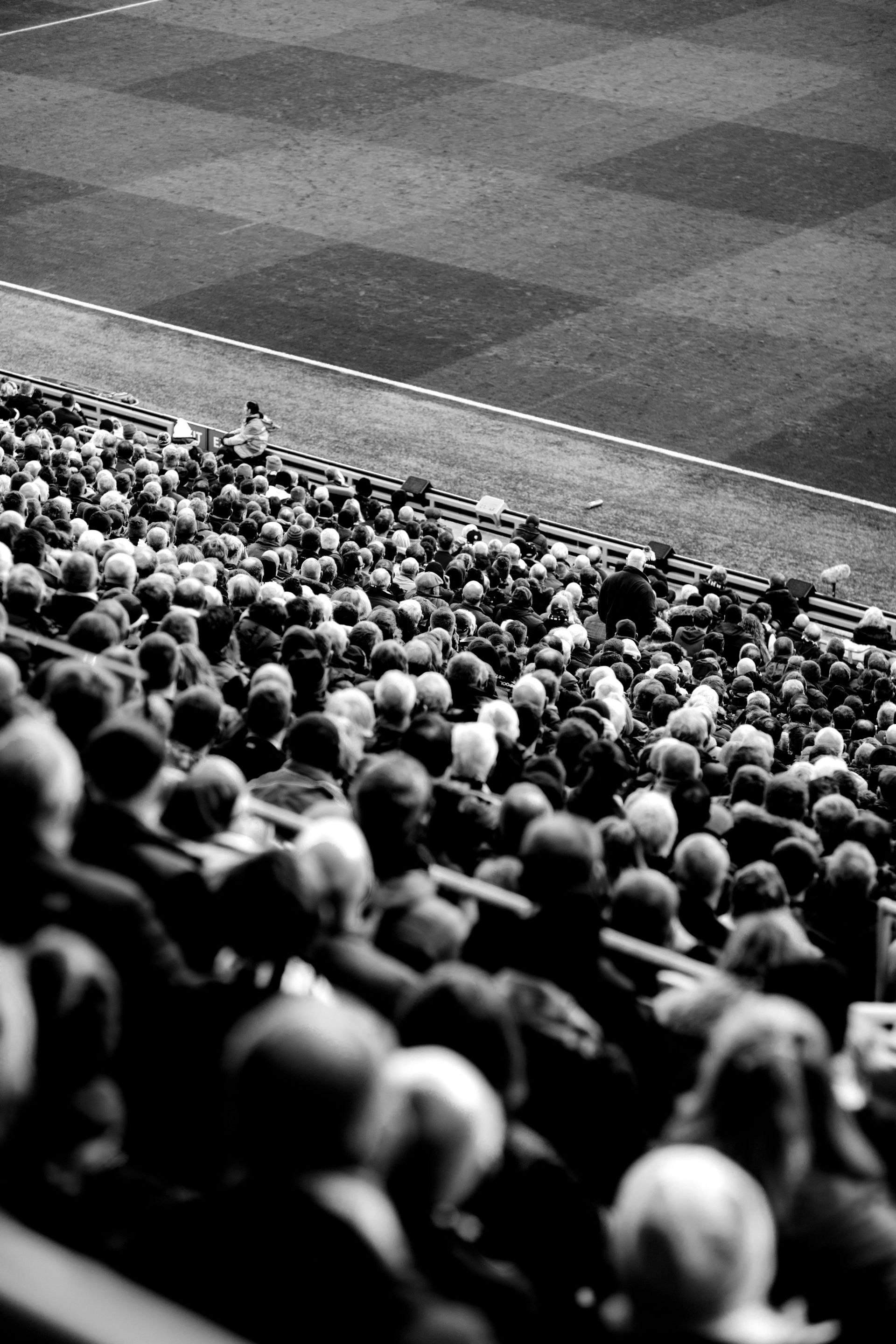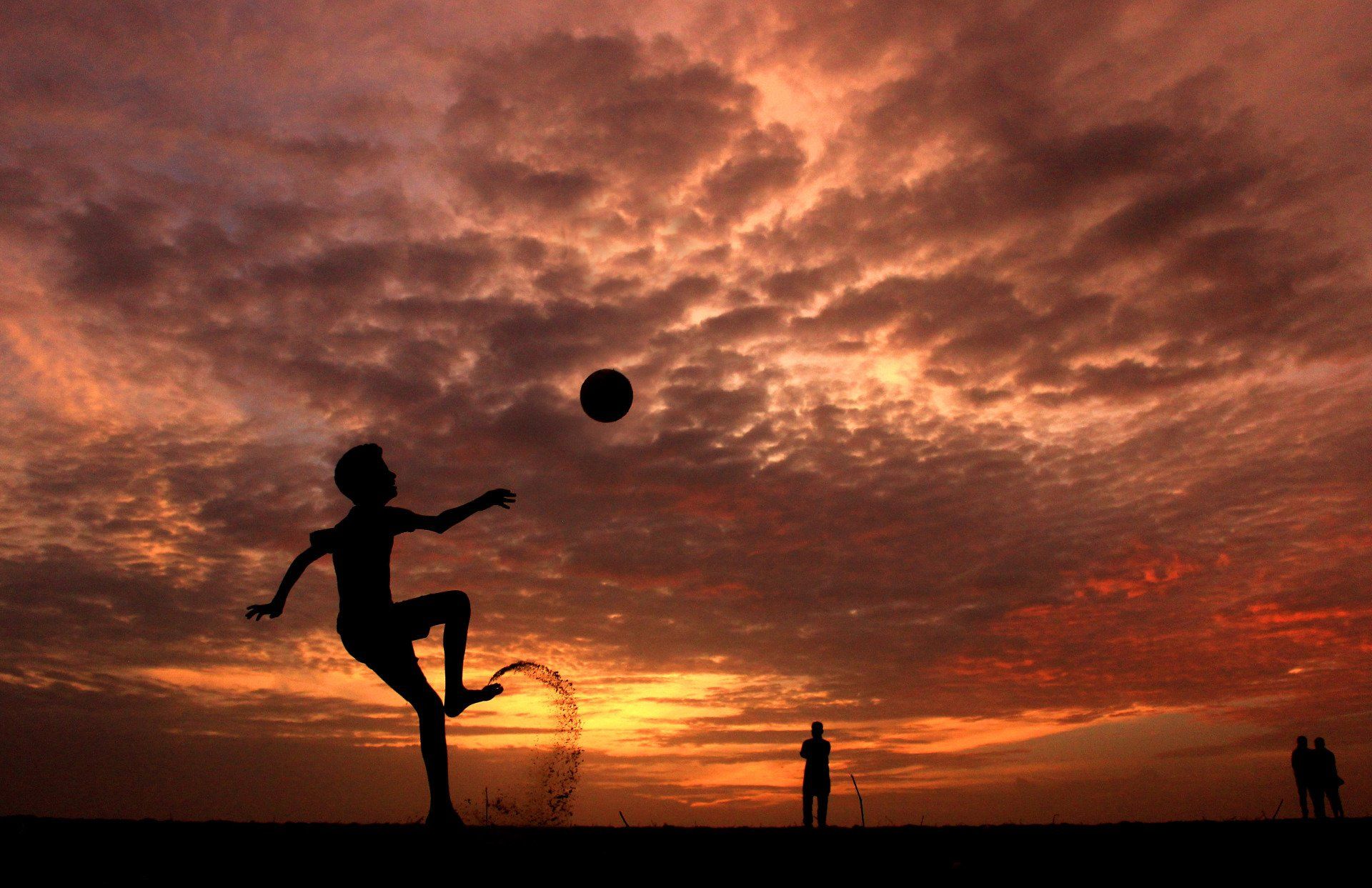SPANISH SUPER CUP: SPANISH FOOTBALL’S CORRUPT DEAL WITH SAUDI DICTATORS
Supporters ignored. Saudi regime stages publicity stunts to deflect attention away from ongoing oppression
The Spanish Super Cup kicks off again this week and once again the new final-four format will be staged in the Saudi capital of Riyadh.
Last season’s Copa del Rey winners and runners-up (Real Madrid and Osasuna) will be joined by La Liga winners FC Barcelona and third placed Atletico Madrid as the four sides battle it out for the first official domestic silverware of the 2023-34 season.
No wonder the already super-rich figures who control Spanish football want their share of the Saudi pie. Human rights are not important when millions of euros are at stake.
On 11 September 2019, the RFEF (Spanish Football Federation) signed a contract with Saudi Arabia for €40 million to move the Spanish Super Cup there for the next six years, with a total value of €240 million to be shared between Federation, clubs and intermediary agency. In the contract signed with Sela, the Saudi public company, the Federation was guaranteed to receive 40 million euros for each edition, while Kosmos Holding - the company of Piqué (former FC Barcelona footballer) - gets four million euros for each of the six years signed.
This dirty deal was made without regard for football fans and has linked Spanish football to the despotic Saudi regime. It is yet another example of how Saudi dictators use football to divert attention from the many serious human rights violations.
Amnesty International criticised the decision to hold the competition in Saudi Arabia and accused the RFEF of “collaboration in this ‘whitewashing’ of the image of Saudi Arabia”, and said there had been very little improvement in the “the systematic abuse of homosexuals and continued discrimination against women.”
In 2022 the only player to speak out against taking the games to Saudi Arabia was Bilbao forward Rául García, when he focused his criticism on the inability to play in front of his team’s fans because the tournament is played thousands of kilometres away and is almost impossible for supporters to attend due to distance and cost.
Cadena SER radio host Àngels Barceló, whose morning show is followed by nearly three million listeners in Spain, was more direct in his criticism of the decision to sell the rights of La Supa Copa to the Saudi dictatorship. He called the federation and the clubs hypocrites.
“No regime would pay millions of dollars for someone to come from aboard to change a regime that has no plans to change itself,” Barceló said. “Spanish soccer tarnishes itself with this competition, as do the teams that participate in it. Afterwards, they will all have more money in the bank, but from now on just don’t let them tell us about values and fair play.”
On the eve of this year’s Supa Copa, the Catalan Minister for Equality and Feminism, Tània Verge, criticised FC Barcelona's recommendations to fans who may travel to Riyadh. The club advised fans to avoid showing affection and demonstrations of support for the LGTBI collective.
For Verge, the decision of the former president of the RFEF, Luis Rubiales to take this competition to Saudi Arabia, "a country that does not respect LGBTI rights or those of women, has been, is and will be a disgrace to be reversed".
The Observatory against Homophobia (OCH) of Catalonia has also recorded its "absolute rejection" of FC Barcelona's decision to play the Super Cup in Saudi Arabia, a country that violates the rights and freedoms of women and LGTBI people.
The RFEF is collaborating with the Saudi regime’s sportwashing project to deflect fan’s criticism of the decision to take the Super Cup to Saudi Arabia. The RFEF is currently participating in various events in Saudi Arabia.
Specifically, Spain’s coach Montse Tomé gave a training session to Saudi Arabian women's football coaches in Jeddah.
The next event will be at the semi-final between Barcelona and Osasuna, when women representing football in Arabia will be the protagonists of the so-called ‘Women's football’ box at the match.
There will also be a motivational talk by Olympic swimming champion Thais Hernandez.
These publicity stunts are used to cover the real situation facing Saudi women. In their recent report, ESOHR stated: “In 2023, women in Saudi Arabia faced arrests and arbitrary sentences amidst the continued prohibition of any activity and the prevention of activists from traveling and moving freely. In addition to the arrests of influential figures on social media and referrals to the specialized terrorism court for expressing their opinions, the organisation documented the arrest of women on retaliatory grounds and enforced disappearances of some of them. Furthermore, information confirmed that several detained women experienced mistreatment and torture.
Reclaim The Game supports the efforts of football supporters in the Spanish state to reverse this dirty, sportswashing deal between the RFEF and and the Saudi regime to bring the Super Cup back home.
John Hird - NUFC Fans Against Sportswashing





